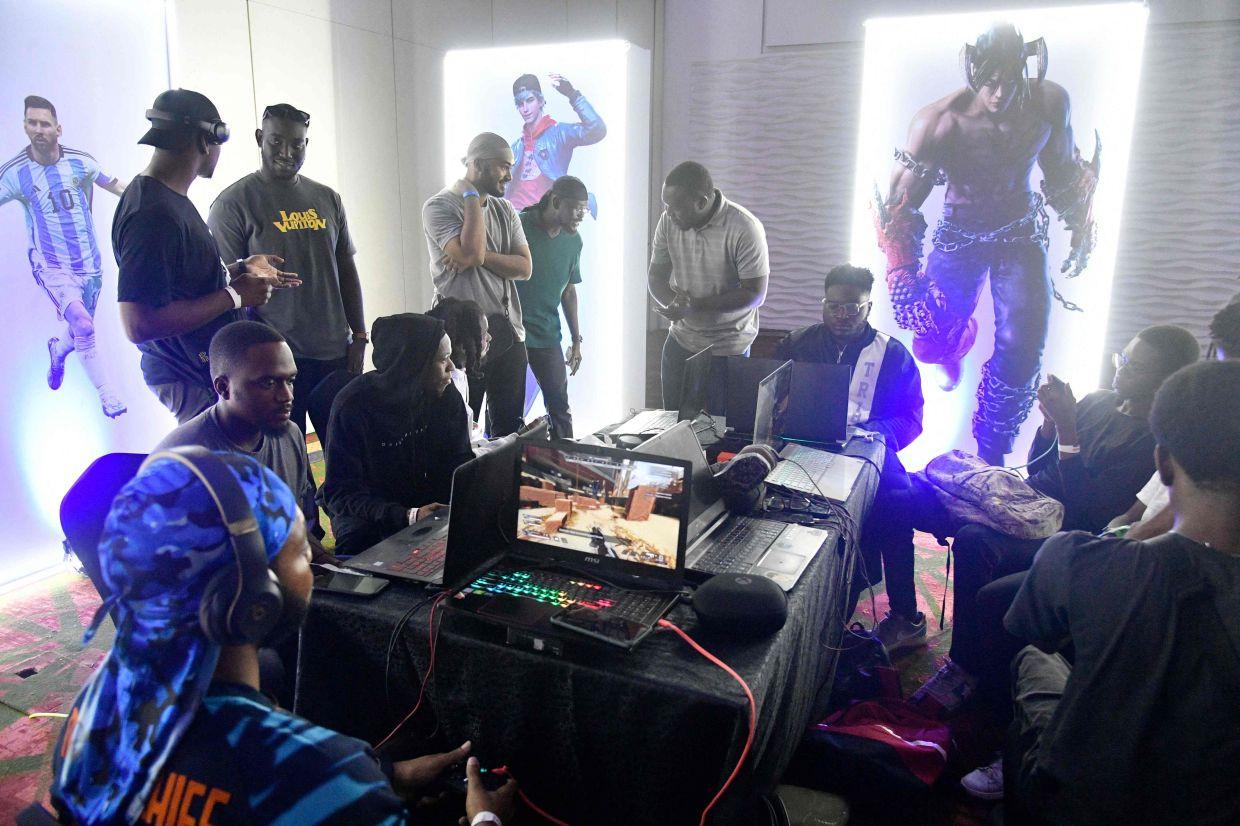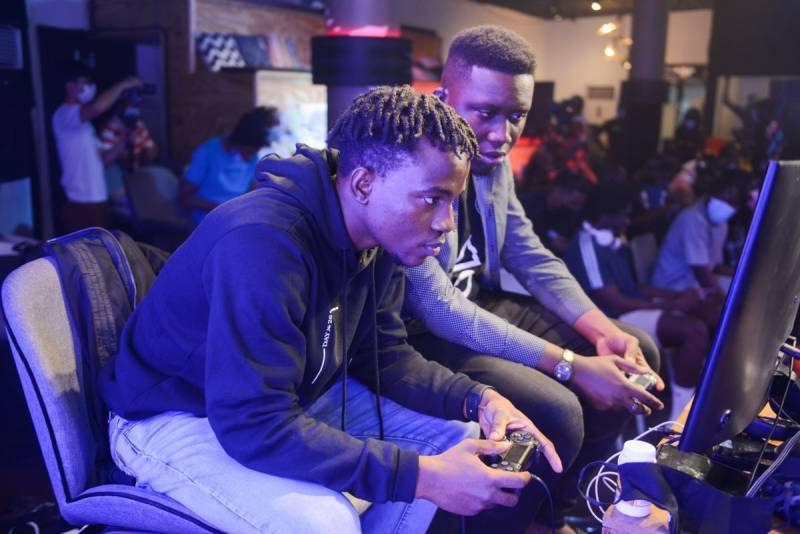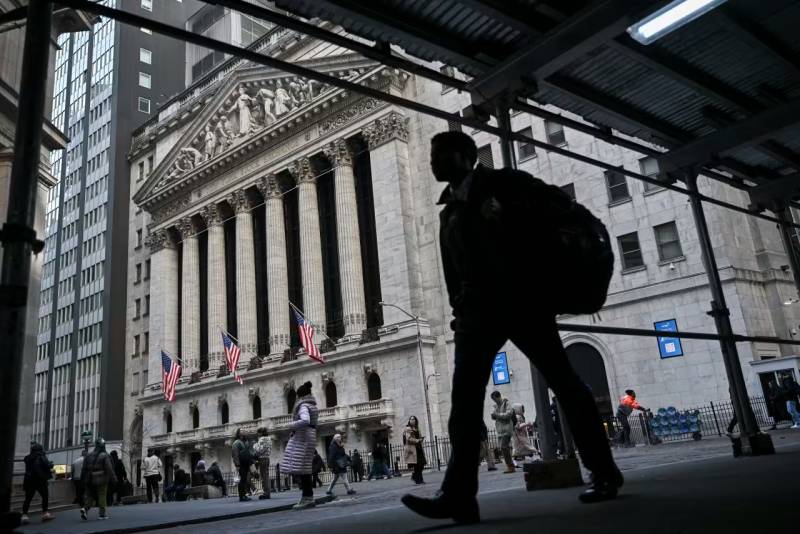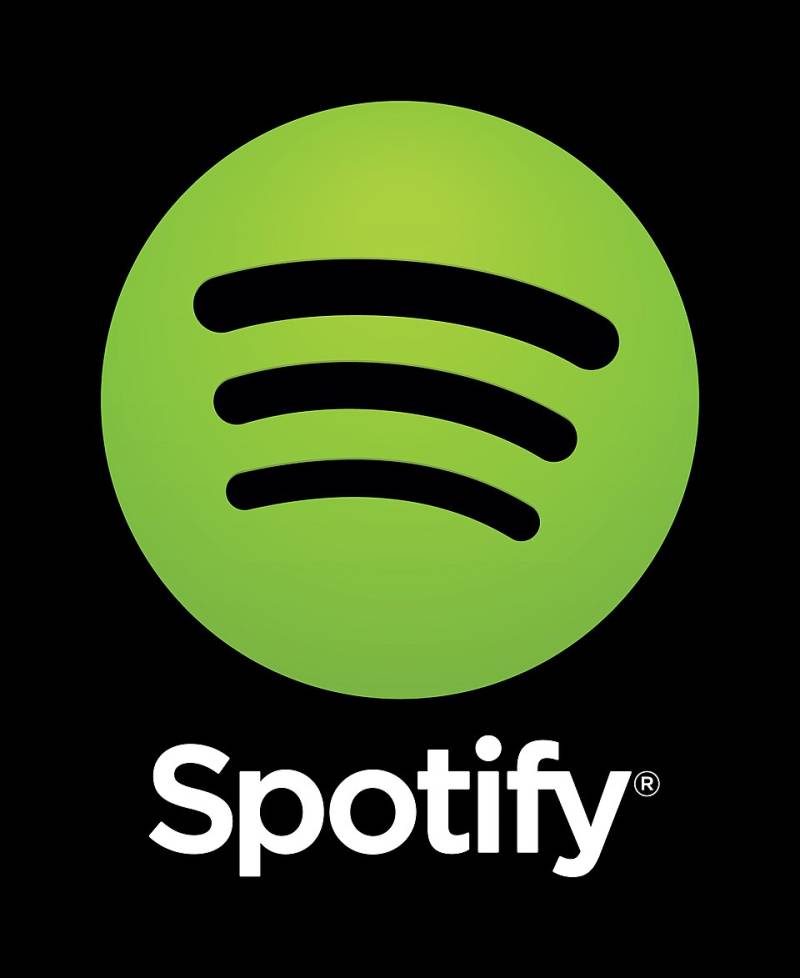In the second final, a professional gamer from Lagos won his "Street Fighter" battle, making the crowd roar with excitement, a scene that was unimaginable a few years ago in Nigeria, where eSports is currently growing. In a room with futuristic decor in the upper district of Lagos, Nigeria's economic capital, thousands of visitors gathered on Saturday for a major video game tournament. Presided over by the Master of Ceremonies, the crowd of young spectators cheered throughout the day as local afro beats contestants Victony and Crayon joined forces. Competitors compete in popular esports games such as "Call of Duty: Mobile", "Street Fighter", and "FIFA". The presentation of the "Nigerian style" exhibition is in line with the ambitions of the major African economy as it seeks to establish itself as a leader in the export market ---- despite the economic and military crisis it faces face the city. . South Africa currently dominates the African eSports scene, thanks to many investments, followed by Egypt and Morocco, and to the extent of Senegal, Ivory Coast, and Kenya. But Nigeria has enough to make its neighbors green because its resources - and its challenges - are great. Huge by its size: it is the most expensive city in Africa with more than 215 million people, famous for competing in business, sports, and music. And three-quarters of the population is under the age of 25.
The potential pool of Nigerian players is huge: broadband internet penetration has reached 48%, almost all via mobile, and keeps growing. However, this is only the beginning as Nigeria will be the second most expensive country in the world by the end of the century with almost 790 million people living behind India, according to the Lancet forecast. But, amidst widespread poverty, power cuts and poor network, Nigeria is still a big country with clay feet. A few meters from the main hall, Akintoye Arogunmati, who calls himself \"The_Arogs\", joins the competition. Anya connected to the screen, the 25-year-old, one of Nigeria's professional players in "FIFA", says that he earns an average of 300,000 naira (420 euros) per month. This is ten times the minimum salary of thirty thousand naira. To play online, a player must have a good internet connection but also a low "ping", which is a dream for many Africans. Ping is the reaction time between when the player presses a key and when the action takes place in the game, it is the travel time between the player and the server they are on.

In Lagos, in the midst of the din of the tournament he was supervising, Kunmi Adenipebi explained it was almost impossible to know exactly how many players there are in Nigeria. "Some say there are 60 million players in Nigeria. We did a survey and we know one thing for sure: there are at least 3 million players," said Adenipebi, chief of operations at Gamr, which organised the event. It has few professional players even if there are more and more since the global Covid pandemic, Adenipebi said.
"Esport is a beautiful opportunity for our youth and to pull people out of poverty. We want it to become a means of living," said Chike Okonkwo, co-founder of Gamic, which promotes eSport. Last November, he participated in the Paris Games Week, which he called "a dream". But "there are so many challenges to overcome" before he can get ahead, he said, laughing, his controller in his hands. "Being a gamer in Nigeria comes with so many challenges.
For an average Nigerian, equipment and generators are very expensive. There is no constant electricity in Nigeria. And the network," he said. - Nightmare - African players are at a disadvantage in online competition because the servers for almost all games are hosted in Europe, North America or Asia. That means it takes longer for African players' actions to register in the system. "It is so frustrating, you know that the guy is not as good as you but because of the ping, you can't do anything. You can't compete," said Arogunmati. In the room drenched in purple and blue neon lights, players compete on state-of-the-art giant screens. In the VIP area, the whisky flows freely. The glitzy scene contrasts with the reality facing pro players, because even when you are a champion, life has "nothing fun" and the rewards are too low, said pro player "K.I.D". "For a tournament like this one, they can pay you in three months or more," said Kevin Durst, a pro competitor in "Street Fighter".




